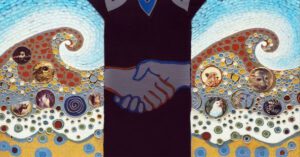
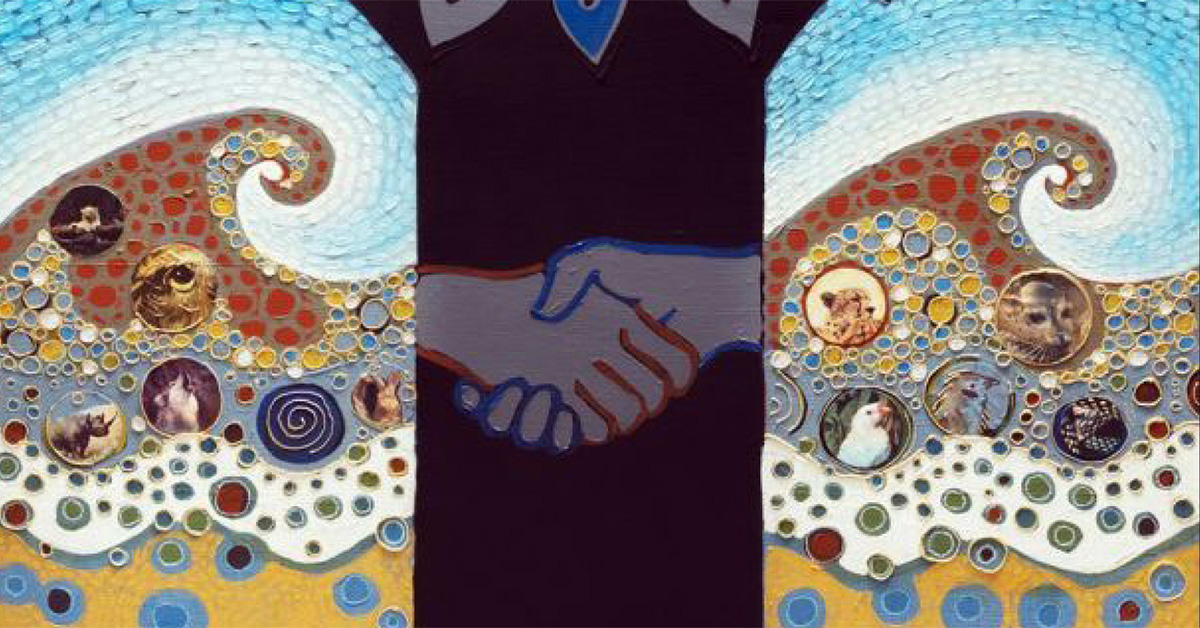
If you’ve seen Disney’s Oliver & Company, Pixar’s Wall-E, DreamWorks’ 1917, or the James Bond film Skyfall, you’ve heard the work of our guest artist: J. A. C. Redford. His original music for film, TV and concert hall, and his orchestrations for Thomas Newman and the late James Horner have been played by leading ensembles including New York Philharmonic, Los Angeles Master Chorale, Israel Philharmonic, and the Academy of St. Martin in the Fields. If you’re interested in a conversation about beauty and faith, you’ll want to read the following excerpts from Josh Rodriguez’s interview with J. A. C. Redford (via Zoom, January 21, 2021).
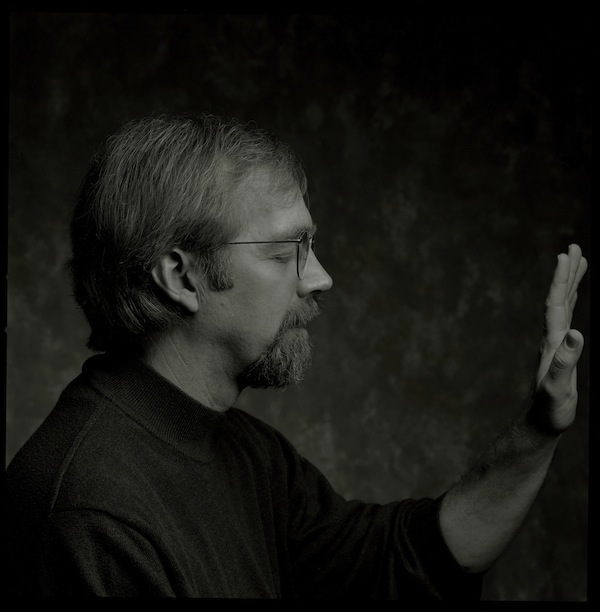
In 40 years of composing, do you have any favourite projects on which you’ve worked?
I don’t … the reason is because each one is so unique, and they come with a set of relationships, and with a set of happy accidents and unfortunate accidents … That said … The Trip to Bountiful was a score that I was proud of. I enjoyed conducting The Little Mermaid … I enjoyed doing the Mighty Ducks movies … and my score for Newsies [the musical]. And then in the concert world, I’ve had a chance to work on some large works, for example, my Christmas Cantata Eternity Shut In A Span. Marlow Bradford and the Utah Chamber Artists did a spectacular job performing and recording that … and doing [Homing] the commission for American Choral Directors Association (ACDA) in 2017 which gave me a chance to work with a huge chorus and the Minnesota Orchestra with Robert Spano conducting, was a spectacular experience and a wonderful performance.
You’ve written lots of choral music. How do you approach this medium?
The voice is a wonderful instrument … it’s our exhalation back to God who has inspired us – the word inspiration is to “breathe in.” He has breathed the breath of life into us … and we breathe it back to him in the exhalation of our praise and our music … so the choral tradition is perfect for that.
How did your musical and spiritual journeys begin?
I grew up Mormon, and my family sang with the Mormon Tabernacle Choir … When I followed Christ out of Mormonism in 1984, it changed my faith and the terms of my faith. I took on a more historic and orthodox kind of Christianity, and I think it opened my eyes to a tradition of sacred music that I only saw a part of while I was a Mormon … So coming into the Christian world in the United States in the 80s, we ended up at an evangelical church, and had a wonderful music minister who actually conducted the [Brahms] German Requiem and Haydn’s Creation with the church choir … I became very interested in setting texts from the Bible, and setting texts from poets who were writing responsive poetry to the Bible. Especially, I found that in English poets from the Renaissance to Gerard Manley Hopkins [in the 20th century], there was a treasure trove of texts available to set … I love poetry, and I have ever since I was a kid.
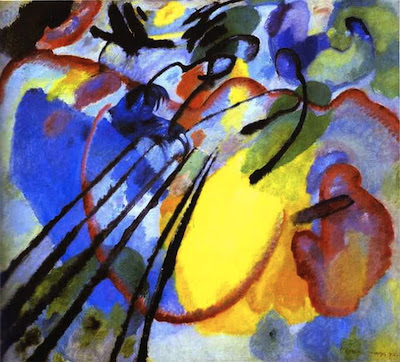
How does your faith shape your art, and how does your music shape your faith?
I like the contrast of that question … because people don’t often think about that. They think about how their faith shapes their music, but they don’t think about it the other way around. One of the things that happened as I began to walk as a Christian, was that I really understood the sacramental point of view of life … [but] I didn’t have the vocabulary for it at the time. I ended up in an Anglican church eventually, which did have a vocabulary for it. And I learned a lot there … The idea that the world is charged with the grandeur of God … that wherever we look, we see evidence of him. A lot of people understand how that works in nature, but don’t understand necessarily as well, how that works through the works of art that man has created, [and] how that work is charged with the glory of God as well. I see him at work in a thousand men’s faces, to use Hopkins’ line, and in their works. And sometimes you see it in the works of composers who were avowedly not Christian or were avowedly atheist or agnostic. Their works speak louder than their words sometimes, and you actually hear the “stones crying out” (Luke 19:40) when you listen to their music and you realize that God has inhabited this in some way … I think there’s an interplay between my music and my faith in a way that goes both ways. Setting a psalm to music is the best Bible study I’ve ever done … There is some kind of core within yourself or that indwells you, that helps you sift, almost like spiritual discernment, through your [musical] ideas to try and find the proper idea for that line of sacred text. And I think that’s an exercise that is something to be thankful for as a composer, that we have the privilege of doing that.
What’s your advice to Christians working in the arts?
There was an interesting observation in the book [The Narnian] that Alan Jacobs wrote about C. S. Lewis … He was talking about how Lewis didn’t take the Christian ideas that he was trying to incarnate in a novel form and find ways of sticking them into characters. He had ideas that occurred to him that were story ideas completely apart from theology … Lewis didn’t even plan on Aslan at the beginning, but he said at some point this lion bounded into the picture and he could never get it out. In other words, he was true to the story and to the characters. The thing that is encouraging about that for a Christian, is that … you have to dip the bucket down deep into the dark lake within you. And that can be scary because it’s murky. It’s dark, and sometimes it doesn’t look like your church’s statement of faith. But if you are a Christian, your confidence is that God promises to indwell you. So that whatever you pull up in that bucket, he’s in it also. He’s promised that he’s at the very core of you. That’s where he lives. So, if you trust that promise, whatever you dip that bucket down into and pull up, you’re going to find him there somehow somewhere. So, if you write what you love, that too will come out.
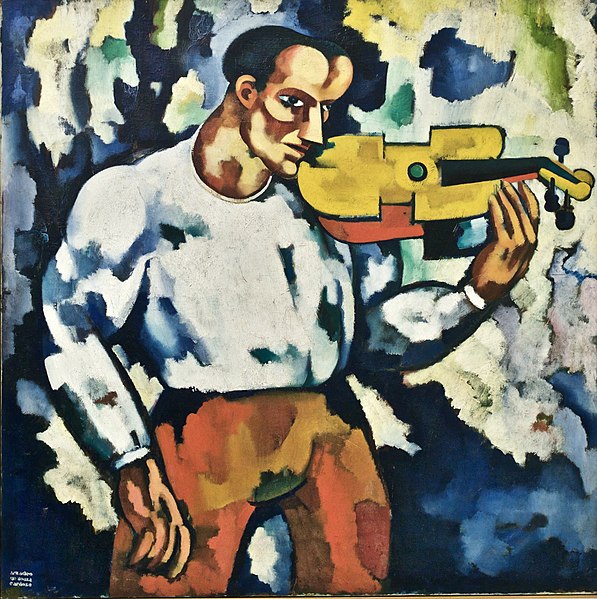
Josh Rodriguez is composer-in-residence of the Corona Symphony Orchestra, and Assistant Professor of Music Theory and Composition at the Collinsworth School of Music, California Baptist University. Listen to his music here.
J. A. C. Redford’s music can be heard at http://www.jacredford.com. His autobiography, Welcome All Wonders: A Composer’s Journey, can be purchased online and at your local bookstore. For video interviews with JAC and other musicians, please visit Deus Ex Musica and the Deus Ex Musica YouTube Channel.
The Kirby Laing Centre for Public Theology in Cambridge. Charity registered in England and Wales. Charity Number: 1191741
Kirby Laing Centre, Office 1, Unit 6, The New Mill House, Chesterton Mill, French’s Road, Cambridge, CB4 3NP
© 2025 The Kirby Laing Centre for Public Theology in Cambridge